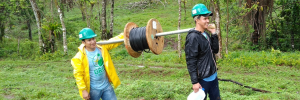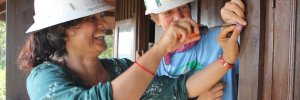GRID is working to bring solar to the Deusa Agroforestry Resource Center (DARC) in Deusa Village in the Thulung-Dudh Koshi Rural Municipality, Solukhumbu district of eastern Nepal. DARC is a nonprofit center that processes and markets crops from local farmers, directly benefiting 500 households and indirectly benefiting 2,000 households in the surrounding area. DARC was established in 2013 with the aim of enabling climate change adaptation for local communities. The building was constructed by the local community of Deusa with financial support from Deusa Community, EcoHimal and the Glacier Trust.
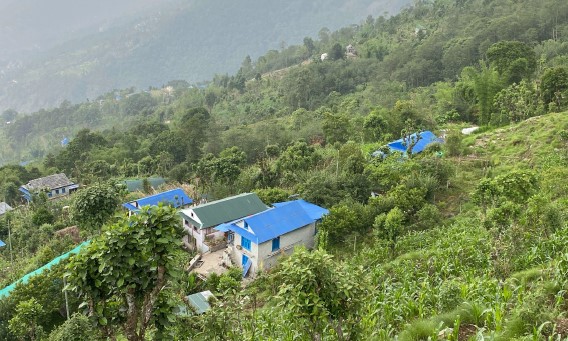
DARC offers a wide range of products and services including distributing saplings of fruit trees, timber, grass, herbs, ornamental plants/flowers to local farmers; providing training and consultation to farmers about managing agricultural diseases. The Center lends tools to farmers, provides a week-long residential training on horticulture, permaculture, organic farming at the center to the high school students and buys produce from local farmers, processing it and selling it in a local market functioning like a cooperative that helps farmers sell their harvests to consumers. The Center is also an educational and recreational area for the visitors, promoting Agricultural tourism in the area and promoting Agroforestry information about adapting to the impacts of climate change in one of the most vulnerable communities of the Himalayas.
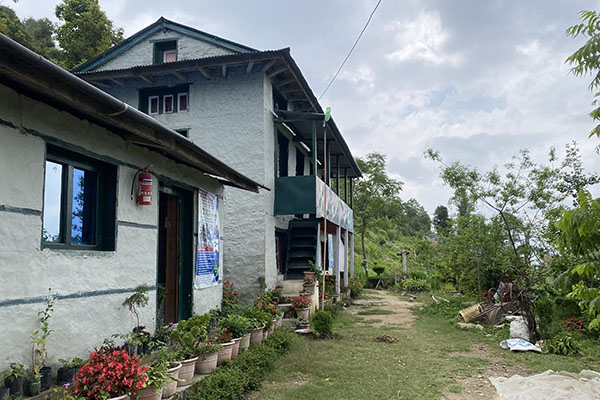
GRID is working to bring a 10kW off-grid battery-based solar system to the Center. Solar energy will help the Center have reliable electricity, so they have lights, internet and AC power to use electrical appliances to process the farmer’s crops, adding value to the products before they reach the market. For example, the Center sells green coffee beans to a customer in Kathmandu but with solar they can roast the coffee beans, make powder and package them which increase the value of the coffee, so the farmer receives more income. Due to the variation in altitude of the village, a wide range of fruits and crops can be grown. Farmers also grow corn, wheat, millet, potatoes, paddy, beans, and fruit trees like guava, banana, kiwi, oranges and other varieties of citrus. Solar will also allow the Center to have Internet access, so residents can access online resources and the Center can reach more beneficiaries and promote DARC’s activities online, so they receive more visitors and more support. With solar electricity, the Center will have access to computers and other teaching tools will enhance the quality of teaching and learning during the training.
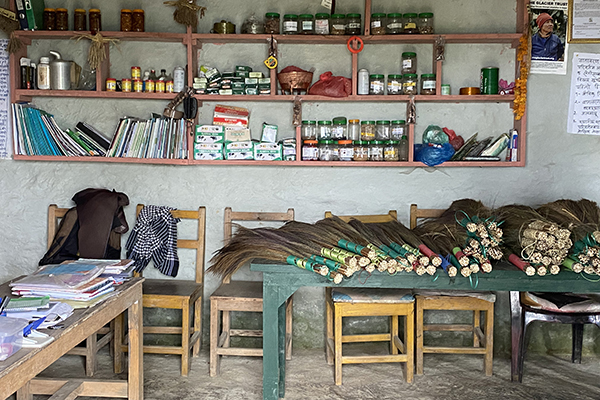
Project Dates: 2026
Donate to support this project.


